Leave it to Gen Z to figure out a way to cancel not a celebrity or a public figure, but an emoji. In this case, the head honcho of all emojis; the Grand Poobah, the king of the keyboard, the one and only thumbs up emoji.
But wait, how could something seemingly benign and positive be tossed to the alligator-jaws of cancel culture? Gen Z is here to explain. All those older than 25 – grab your Depends, dentures, and reading glasses because you’re about to feel very old.
Why is Gen Z canceling the thumbs up emoji?
According to Reddit user u/Dry_Interaction6220, who claimed to have just started their first “adult job”, the use of the thumbs up emoji in the workplace is an “unsettling response.” Other Reddit users agreed.
User, u/HuaAnNi shared that the “general consensus” among those young enough not to have grown up with a landline is that the thumbs up emoji is “way rude”. Reddit user u/johnouden said it’s not uncommon to see it as “passive aggressive… Just imagine how would it feel to go into your boss’ room, say something, and then see him turn to you, look you in the eye, and go “👍.”
The evidence used to support this claim stems in large part from the thousands of memes and screenshots shared across the internet showcasing text conversations in which one person bares their heart and the other simply responds with a thumbs up. It’s equivalent to the deplored “k” response of yore, and has become a running joke depicting how not to interact in a text message exchange. Now that emojis are commonplace, words like “k” have taken a backseat to responses that can otherwise be handled with a simple emoticon.
It’s this argument that Gen Z appears to have latched onto: that the lack of a written response entails lack of decorum, respect, and professionalism.
Some Reddit users, however, were quick to point out that the thumbs up emoji should not be ostracized, as it is merely a tool to communicate a message that has been received. A “roger that” if you will. Any subtext interpreted by the receiver is of their own volition and in no way caused by the sender.
It’s common knowledge that the COVID-19 pandemic ushered in a wave of remote working conditions, and the mass number of employees now working from home have increased the necessity for platforms such as Slack, Microsoft Teams, and Zoom, among many others. The divided opinion on emojis, specifically the thumbs up emoji, is not without merit as it can safely be assumed that someone at some point in their 21st century life has been on the receiving end of a less than satisfactory response to an otherwise thought-out text message.
For many, emojis have streamlined the work process, allowing colleagues to get from point A to point B in a faster amount of time. The question is not whether this has hindered productivity, but whether human interaction, be it verbal or written, has suffered because of it. It’s unlikely a unanimous decision will be reached by all demographics, especially those to whom cancel culture feels like the blunt end of a knife forever unsheathed. If the cancelation of the thumbs up emoji gains traction and spreads to the far corners of the internet, opinions will be divided. That, most people can agree, warrants a thumbs up reaction.



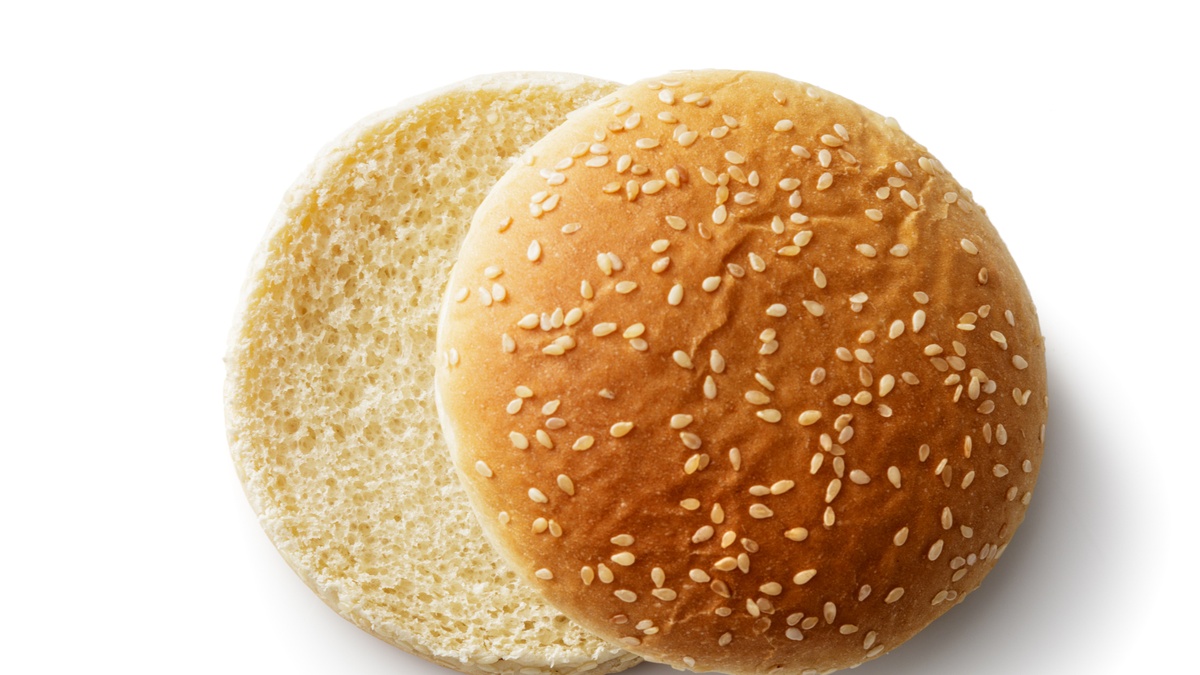

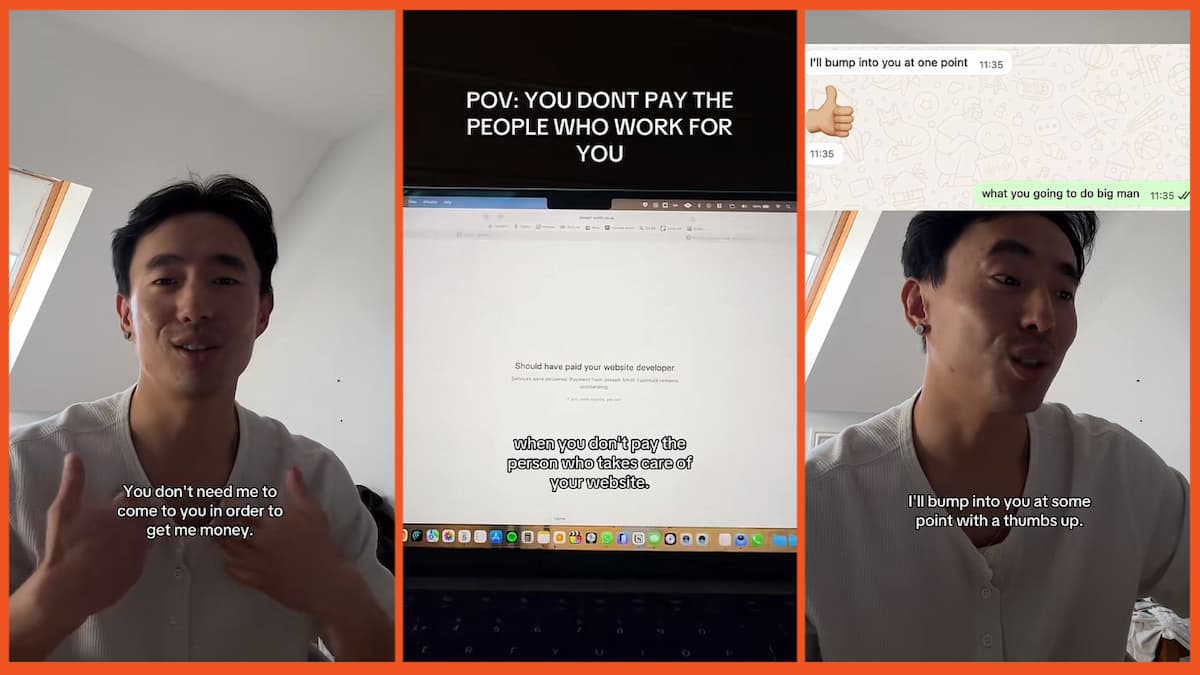
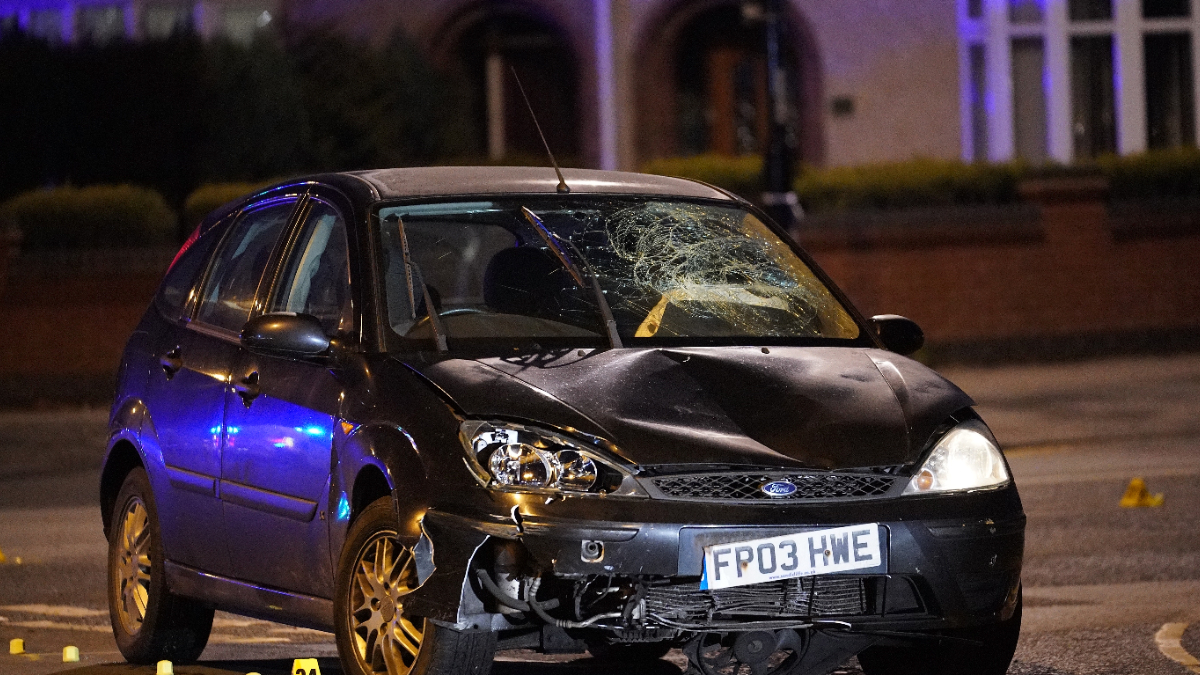
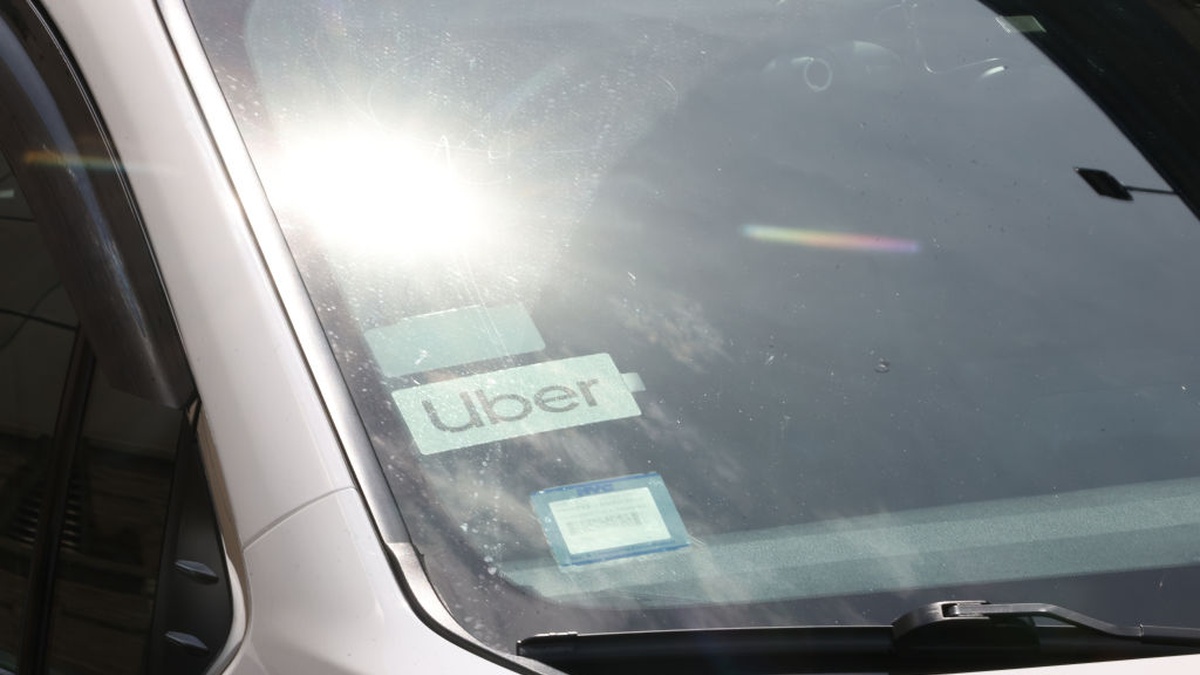
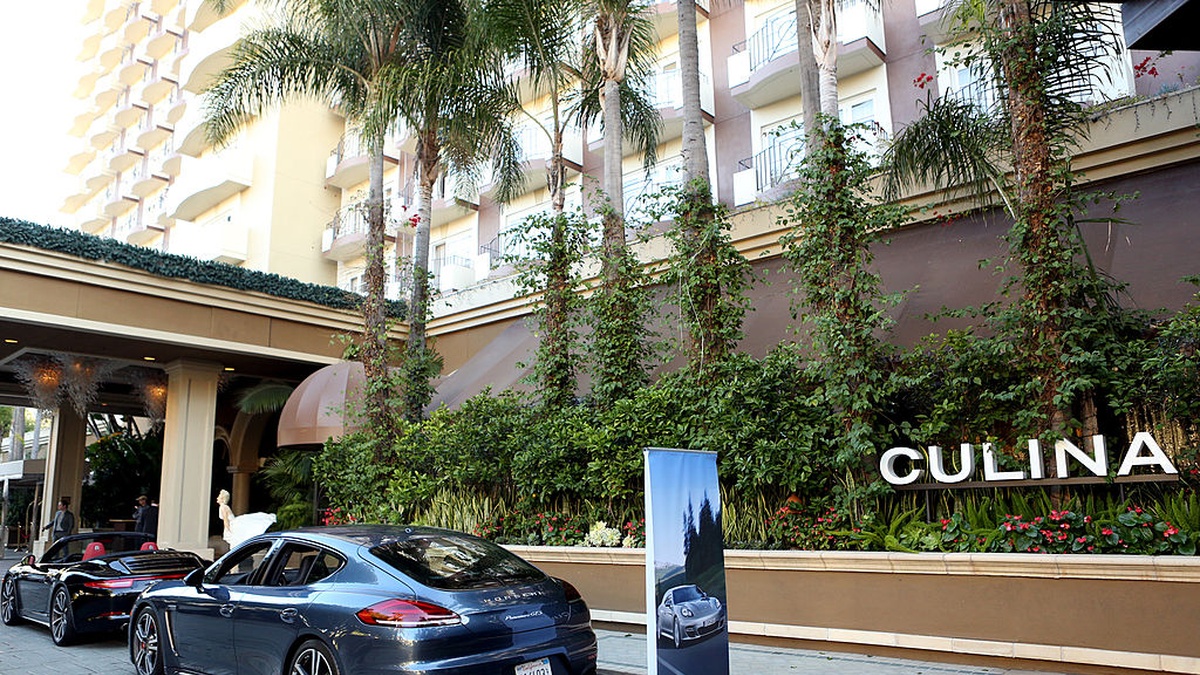


Published: Oct 13, 2022 03:01 pm